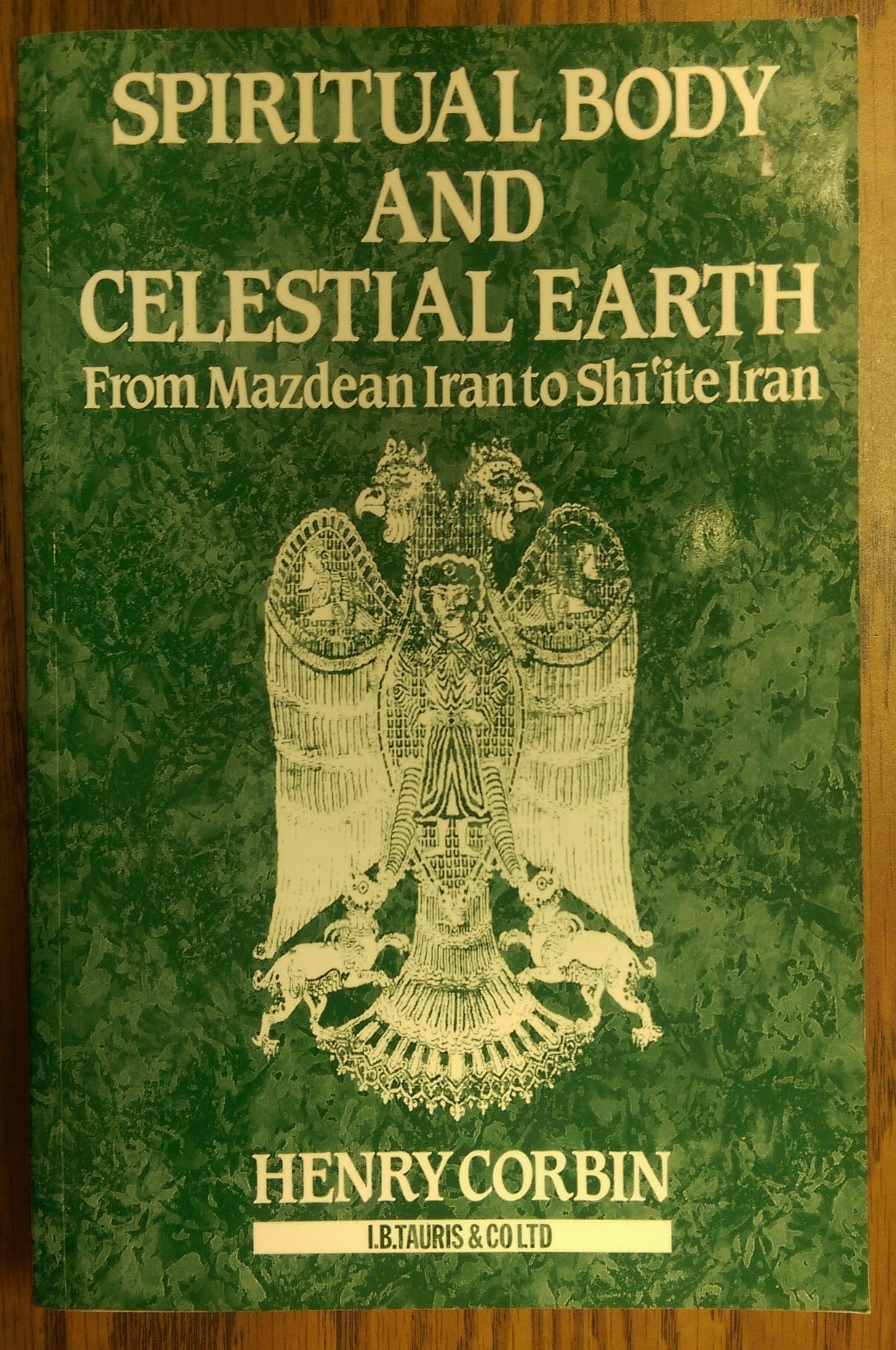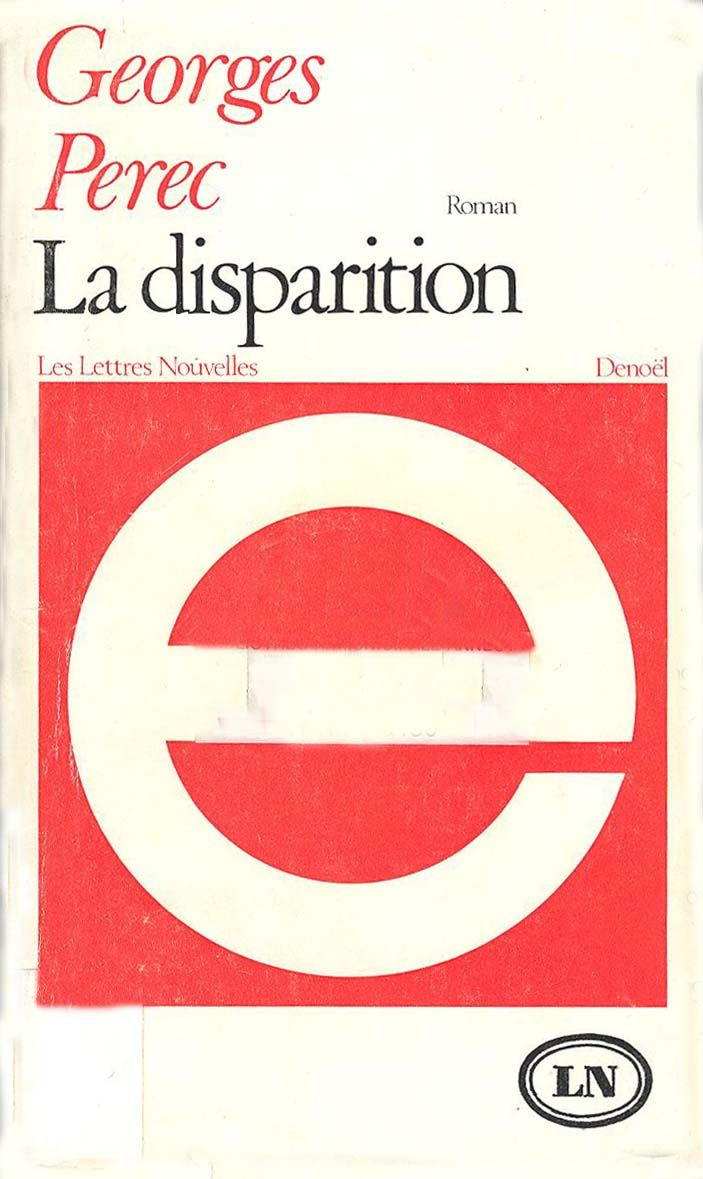The Archaeology of the Imaginal
Graham Hancock's lost civilization versus Henry Corbin's supra-physical world
After publishing my critique of Graham Hancock’s “Ancient Apocalypse” here and on Facebook, I received a number of interesting comments as well as many silly ones. As I noted, what surprised me about Graham’s series was the lack of any tangible evidence for what he proposes, after so many years of research. This dearth was accompanied by special pleading and quavering-voiced anger at all of those trained archaeologist “sheeple” who still don’t get it, refusing to find value in his theories.
I also want to say that I still get a lot from Graham’s work. I love The Sign and the Seal, which develops the thesis — I can’t dismiss it — that the Ark of the Covenant was a kind of free energy or anti-gravity device (potentially used by Moses to part the Red Sea). I don’t dismiss the possibility that history has taken a more winding and complex path than our mainstream accounts of it. Graham’s The Supernatural contributed to the contemporary rediscovery of visionary plant shamanism. I think it is valuable and valiant to hold the door open for possibilities that the mainstream scoffs at.
I suspect Graham, in his quest for an antediluvian “advanced civilization” obliterated well over 12,000 years ago via flood, Ice Age, or “earth crust displacement,” got caught on a fundamental error: He wanted to literally prove something that many of us sense — feel profoundly — we have lost. But an alternate perspective is that what we are missing is not any physical civilization nor any Atlantean monuments. Instead, we are blocked from accessing another state of being or level of consciousness: Something more precious and irreplaceable.
I would say Graham performs a necessary task—a well-remunerated if Sisyphean labor—by dragging our attention back to this longed-for lacuna. It reminds me of the letter “e” that can’t be found anywhere in George Perec’s unique literary masterpiece, A Void. All of the characters in Perec’s novel share a profound, tormented sense that something is missing. They go on a detective hunt for it. It never occurs to them it is something as simple as a vowel.
In my critique, I referenced Rudolf Steiner and Jean Gebser as two modern thinkers who point toward this “lost art or lost knowledge or lost consciousness,” which the poet Antonin Artaud called, “the root of all our misfortune,” a century ago. Inevitably, some Hancock fans asked how my idea of a “lost consciousness” was any different from Graham’s search for the physical traces of a lost, advanced civilization.
I think it is very different. And the difference is crucial. I will make an attempt, here, to explain how and why this is so.
My favorite Facebook comment came from an Australian author, M Alan Kazlev. I don’t know Kazlev, but he seems to share my perspective, and he articulates it well:
There has always been myth (religion, fundamentalism, etc) masquerading as science (or history, or "outer" empirical fact), and people incapable of thinking rationally and hence incapable of telling the truth. This is just the latest iteration.
I have come to the conclusion that rational, empirical thinking is actually a form of gnosis, because so few are able to get it right.1
But the thing is, it's not that Hancock et al are "wrong" per se. They do tap into a truth, but it is a mythohistorical truth, not an empirical truth. They're confusing this inner world of myth and meaning, the imaginal world (Henry Corbin) or Collective Unconscious (Jung), with the outer world of empiricism, science, facts, and objective (the same for everyone) history. Essentially they are telling their own rehash of the classic lost Golden Age / fall from paradise (Atlantis) myth. As you point out, there’s nothing original here, and yes this version goes back to Donnelly and Blavatsky, who took Plato’s allegory as historical fact…
Gnosis reveals there are also supra-physical worlds, but the contrarian science group of Hancock et al collapse the hierarchy of being into "flatland" (to use Wilber's term) the same way as the eliminative materialists (i.e. only external physical reality is real).
There is, obviously, a huge amount to unpack in this comment. Kavlez sent me back to Henry Corbin (1903 - 1978), a French philosopher and Professor of Islamic Studies in Paris. I find a small synchronicity here, as I am currently in Turkey — in Istanbul, where Corbin studied Shahab al-Din Suhrawardi and the School of Illumination back in the 1940s. Corbin is also a central figure, along with Owen Barfeld, in Gary Lachman’s Lost Knowledge of the Imagination, a great book which proposes the same central idea as I do here.
In “Towards a Chart of the Imaginal,” the preface to Spiritual Body and Celestial Earth, Corbin explored what he meant by the mundus imaginalis or “imaginal world,” and the faculty of “Active Imagination” which allows us to investigate and know these hidden regions or “supra-physical worlds.”
Keep reading with a 7-day free trial
Subscribe to Liminal News With Daniel Pinchbeck to keep reading this post and get 7 days of free access to the full post archives.






